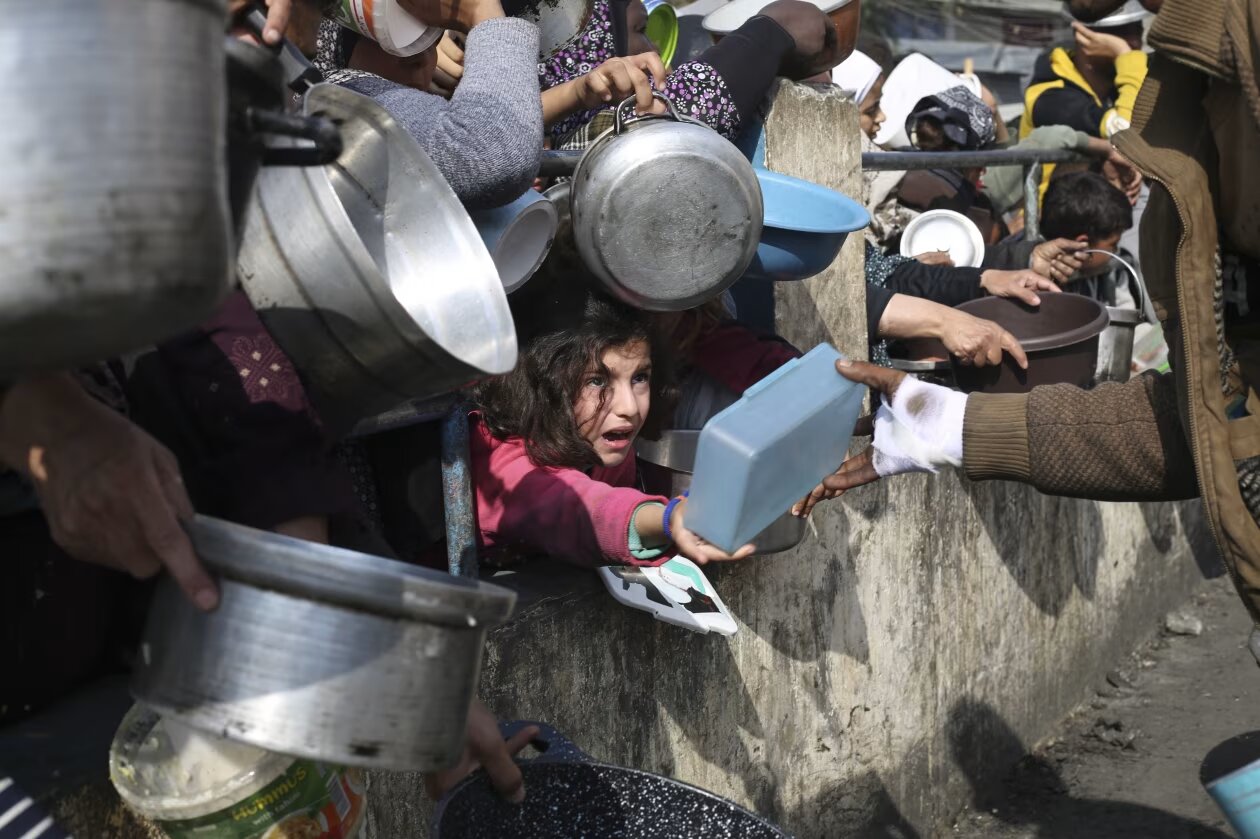Gaza’s suffering deepens despite Trump’s ceasefire plan

TEHRAN – More than two weeks after the ceasefire between Israel and Hamas, the people of Gaza continue to endure catastrophic humanitarian conditions.
Israel has repeatedly violated U.S. President Donald Trump’s 20-point ceasefire plan since it came into effect on October 10, killing around 100 Palestinians.
The total Palestinian death toll since October 7, 2023, now exceeds 68,500, according to local health authorities. On the ground, the suffering continues unabated.
Palestinians in Gaza remain trapped in a desperate struggle for survival. Food, clean water, fuel, and shelter are still scarce as Israel continues to restrict humanitarian aid to the Strip — in open defiance of an International Court of Justice (ICJ) ruling mandating unrestricted access for relief efforts.
Under the ceasefire terms, 600 aid trucks were expected to enter Gaza daily, carrying essential supplies such as food, medicine, fuel, and shelter materials. Yet, according to UN partners, not a single day since the ceasefire began has met that commitment.
Shortages of every kind persist across the Strip, where more than two million Palestinians — most of them displaced — are entirely dependent on what little aid manages to cross the borders.
Commercial goods occasionally appear in local markets, but the vast majority of Palestinians cannot afford them.
“People have no money left,” said one Gaza resident to Al Jazeera. “We spent all our savings during the war. Now we can’t even buy bread.”
At the end of the day, Gazans say there has been no visible change since the ceasefire. The humanitarian situation continues to deteriorate, leaving many to question whether peace has brought any relief at all.
Adding to the crisis, Israel continues to deny entry to UNRWA staff and aid supplies, crippling one of the few remaining lifelines for Gaza’s population.
The United Nations Relief and Works Agency (UNRWA) says Israel is still preventing its international staff and humanitarian convoys from entering the Strip.
Despite these restrictions, roughly 12,000 local UNRWA staff continue to provide healthcare, psychosocial support, and education — “under unimaginable conditions,” the agency said.
Israel banned UNRWA operations in areas it controls last year, alleging that some of its employees were linked to Hamas — claims the ICJ has found unsubstantiated. In a recent ruling, the Court reaffirmed that Israel, as the occupying power, must support humanitarian efforts and allow UN agencies full access.
For the people of Gaza, peace remains an empty word. The ceasefire has brought no real respite from hunger, thirst, or fear. Until aid flows freely and Israel ends its blockade and occupation, the humanitarian catastrophe will only deepen.
The world watches as Gaza’s suffering continues — a grim reminder that without justice, even ceasefires cannot bring peace.
Leave a Comment